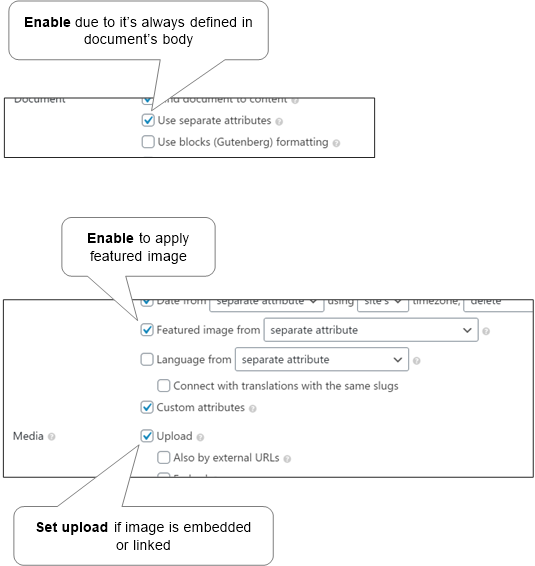

This is often helpful for both client reports and indexing software. Paste your document link in the URL field & Click inset. WordPress URL Extractor for MainWP Website Management URL Extractor URL Extractor allows you to extract URLs by custom tokens like (Title, Status, Author, Website URL and Website Name) from any post or page on your child sites and export them as CSV or TXT file. Click on Google Doc Embedder Icon From editor. Go to the post/ page, where you want to embed the document. $current_url = get_author_posts_url( $obj_id ) Upload your document from the Dashboard -> Media -> Add Media and copy the URL. theme template files: $obj_id = get_queried_object_id() įor the current author archive, if the format author.php is used: $obj_id = get_queried_object_id() category or tag) URL, whether you are already loading taxonomy.php, category.php, tag.php etc. When single.php or page.php theme template file is loaded for a single post or URL page at this time: $obj_id = get_queried_object_id() įor the latest taxonomy concept ( e.g. Bonus Content: WordPress Get Current Page URL on Specific PHP TemplatesĪs an addition, WordPress has its own features, based on a website currently displayed. $current_slug = add_query_arg( array(), $wp->request ) WordPress Get Current URL Function ">. $current_url = home_url( add_query_arg( array(), $wp->request ) ) īut also if you want to get just the latest WordPress slug page (last part without your simple URL), this is the code: /* For example if your website is "", In any PHP template file on your WordPress site you can use this piece of code: global $wp In most circumstances, get_() covers your requirements only with the current page URL for single posts, pages, or custom posting types.


 0 kommentar(er)
0 kommentar(er)
